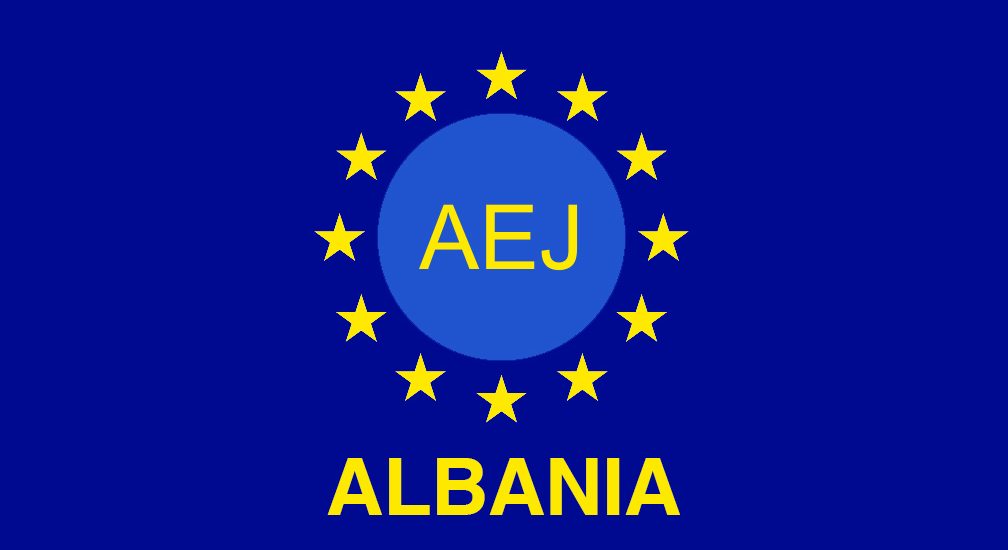AEJ Statement on the proposed Directive on Copyright in the Digital Market
- April 8, 2019
- Posted by:
- Category: LAJME

Statement of the Association of the European Journalists regarding the proposed Directive on Copyright in the Digital Market
As a professional association of journalists, we understand and support the efforts of the EU to ensure better protection of copyrights and neighboring rights in the digital age, especially when their authors are journalists. We fully support and understand the demand of new regulation, which will ensure that creatives – authors, journalists, musicians or vloggers, as well as news publishers will receive adequate remuneration of their work, which is used and spread online. We also agree that currently, due to outdated copyright rules, online platforms and news aggregators are reaping all the rewards while artists, news publishers and journalists see their work circulate freely, at best receiving very little remuneration for it. This makes it very difficult for artists and media professionals to earn a decent living. We support the intention of the draft, as stated by European Parliament, to oblige giant internet platforms and news aggregators to pay content creators. We also understand that the draft directive does not target the ordinary user.
However, we are concerned that the draft directive will impact not only large online platforms and news aggregators like Google’s YouTube, Google News or Facebook, but also small start-up medias, independent journalists and bloggers.
Our concern is whether the proposed Directive on Copyright in the Digital Market and especially Articles 11 and 13 are the best regulatory solution which the European Union can find. There are still strong voices against the adoption of the Directive and against these articles which are expected to have a controversial impact. We believe that the Council, the Parliament and the Member States should be particularly careful in order to provide enough guarantees for the freedom of expression. In the past few years we are witnessing intensive legislative measures for regulating media, journalists and the internet itself. However, we are particularly worried that all those new pieces of legislation simultaneously affect the freedom of expression and the freedom of media and journalists. Moreover, the new Copyright Directive does not provide enough exceptions and guarantees, especially and in particular for services run by individuals, small companies or non-profits, which probably includes any monetized blogs or websites.
We are worried that the new relationships that would be imposed with the legislation could affect the small and independent media in some part of EU where the media experiences troubles connected with the political and business model in the sector.
We would like to urge the respective parties to consider the interests of the small media and independent journalists, as well as the interests of the big corporate media and publishing houses in all Member States and publishing houses and media. Furthermore, we highlight the possibility of the EU legislation and notably Article 11 of the Copyright Directive to draw from the previous experience of the very similar national legislation in Germany, which failed to give satisfactory results. In the adoption of the new Copyright Directive the co-legislators should guarantee most importantly and primary the fundamental rights above all private interests. It is the very core of the European Union and the European Project which is not negotiable and shall be preserved in each piece of legislation.
Therefore, we believe that Directive has to meet the necessary level of guarantees of freedom of expression and to provide fair balance of rights. AEJ International urges the respective parties to continue their work on providing uncontroversial and clear versions of these regulations.
